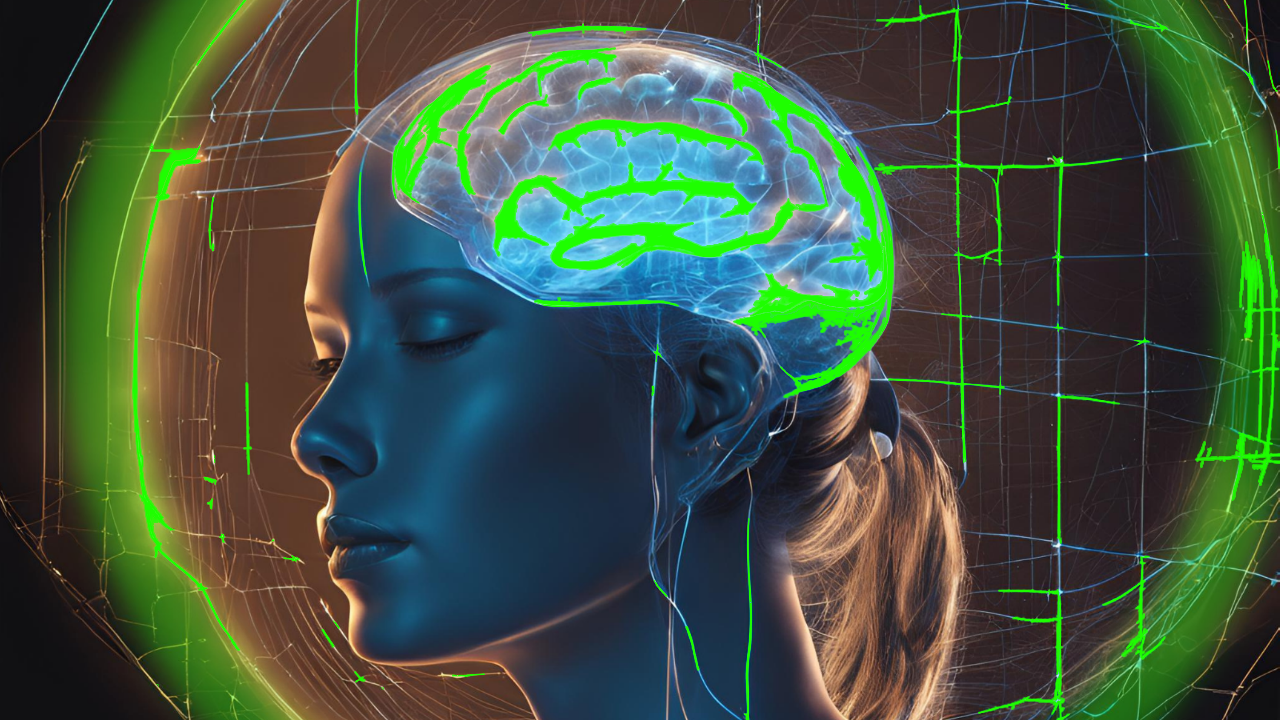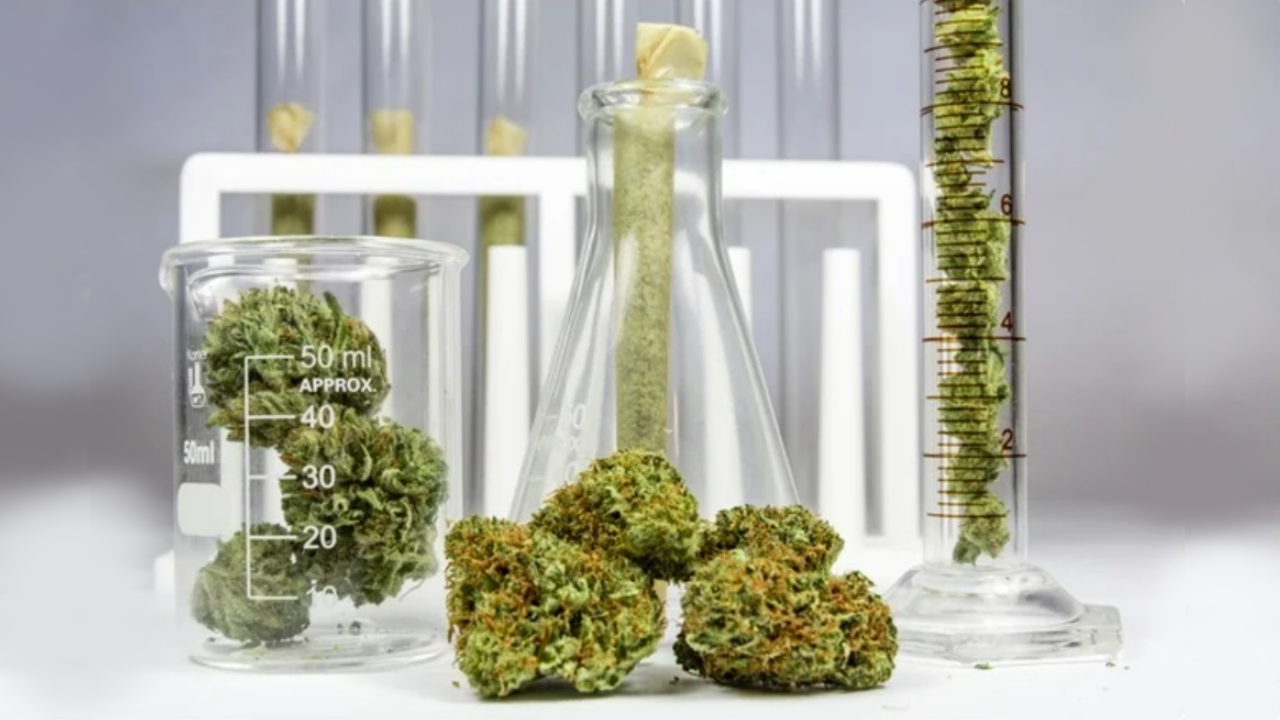The Relationship between our Brains and Cannabis:
In the growing world of medical cannabis research, one of the more fascinating discoveries is its potential role in protecting the brain from physical trauma. While the plant is often associated with recreation, relaxation, or pain management, a growing body of research suggests that cannabis compounds—particularly cannabinoids like THC and CBD—may offer neuroprotective benefits when it comes to injuries such as concussions, strokes, or traumatic brain injury (TBI).
So how does cannabis, a plant historically misunderstood and criminalized, earn a seat at the table in discussions of brain health and trauma recovery? The answer lies in how cannabinoids interact with the endocannabinoid system (ECS)—a complex network of receptors and chemicals within the human body that helps regulate mood, memory, inflammation, and neurological balance.
The Brain’s Built-in Cannabis System
The endocannabinoid system consists of CB1 and CB2 receptors located throughout the body, but especially concentrated in the brain. These receptors regulate neurotransmission and help maintain cellular balance. When trauma occurs—say, during a sports-related concussion or car accident—the body produces natural cannabinoids (endocannabinoids) in an attempt to reduce inflammation and repair damaged neurons.
Cannabis-derived cannabinoids, like CBD (cannabidiol) and THC (tetrahydrocannabinol), mimic these natural compounds. They bind to the same receptors and help modulate inflammation, reduce excitotoxicity (damage from excessive neurotransmitter activity), and encourage the growth of new brain cells (a process known as neurogenesis).
What the Science Says
Although much of the research is still emerging, animal and preliminary human studies have shown promising results:
- CBD as a Neuroprotectant
A landmark 1998 study by Hampson et al., funded in part by the U.S. government, demonstrated that CBD and THC act as antioxidants, protecting brain cells from oxidative stress—one of the primary causes of cell death after brain injury. - THC and Reduced Mortality from TBI
A 2014 study published in The American Surgeon found that TBI patients who tested positive for THC had a significantly lower mortality rate than those who tested negative. Researchers speculated that THC’s interaction with CB1 receptors may blunt the inflammatory response and reduce secondary damage. - Inflammation and Blood Flow
Both THC and CBD appear to improve cerebral blood flow, reduce inflammation, and modulate the immune response—critical factors in minimizing brain swelling and preserving cognitive function after injury.
The NFL, Veterans, and the Future of Brain Injury Treatment
Professional athletes and military veterans—two groups at high risk for repetitive head trauma—have become some of the loudest advocates for medical cannabis. Former NFL players like Eugene Monroe and Ricky Williams have called for more research and policy reform, arguing that cannabis may provide a safer alternative to addictive opioids and ineffective pharmaceuticals traditionally prescribed for post-concussion syndrome.
Similarly, organizations such as the Multidisciplinary Association for Psychedelic Studies (MAPS) and the Veterans Cannabis Project are funding studies to explore how cannabis may alleviate not only pain and PTSD, but also neurological damage from head trauma.
Proceeding with Caution
While the neuroprotective potential of cannabis is compelling, researchers are careful to point out that more controlled clinical trials are needed, particularly in humans. Dosage, timing, method of delivery, and the balance of cannabinoids can all influence outcomes.
It’s also worth noting that early and excessive cannabis use in adolescents, whose brains are still developing, may impair cognitive function or emotional regulation. Like most medicines, cannabis is not one-size-fits-all.
A Plant with a Protective Promise
The idea that a plant historically banned and demonized could one day play a crucial role in protecting and healing the brain is both ironic and inspiring. As research progresses, cannabis could become part of a comprehensive strategy to prevent long-term damage after injury—perhaps even administered proactively to those at high risk.
Whether it’s a linebacker bracing for another impact, a soldier recovering from a blast injury, or a cyclist who’s taken a fall, cannabis may offer more than just pain relief—it may provide the brain a fighting chance.
Disclaimer: Always consult a healthcare professional before using cannabis for medical purposes. This article is intended for informational purposes only and does not constitute medical advice.
Sid Prince
Photo credit: Sid Prince


